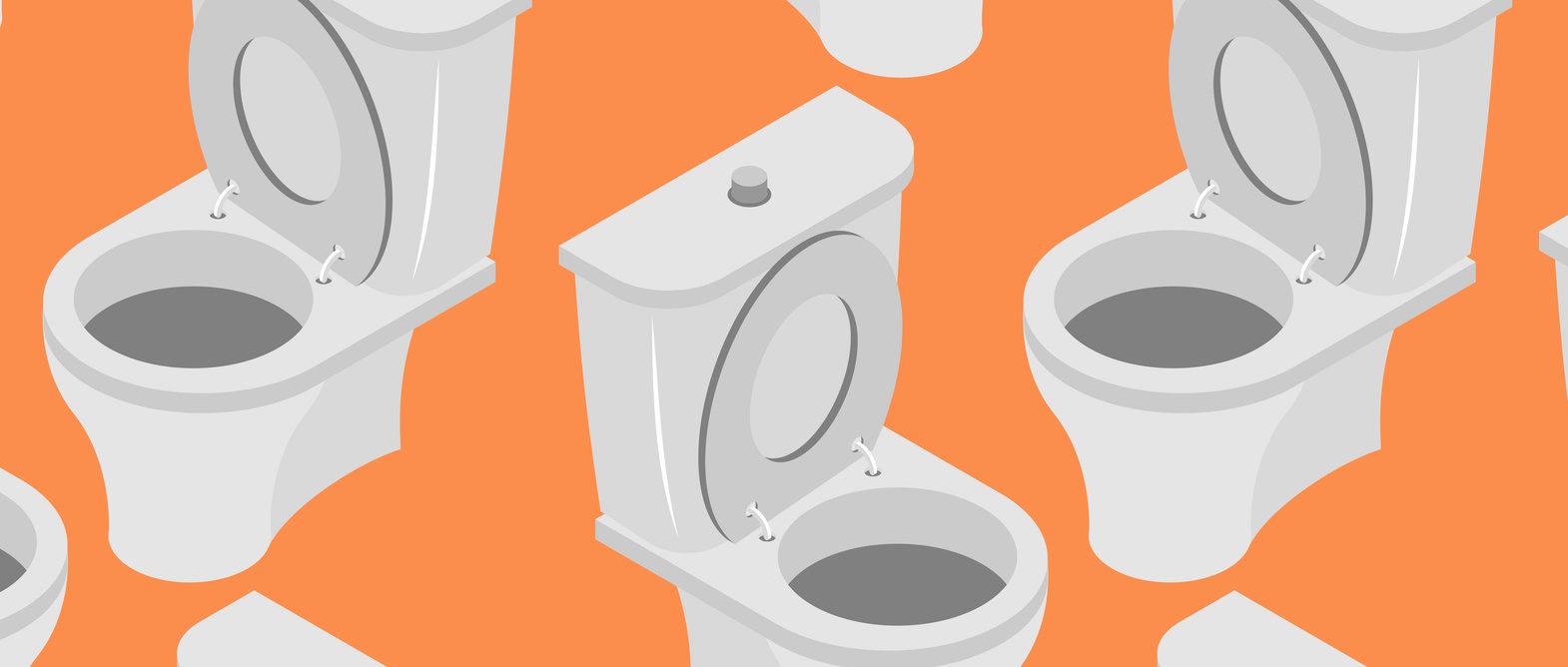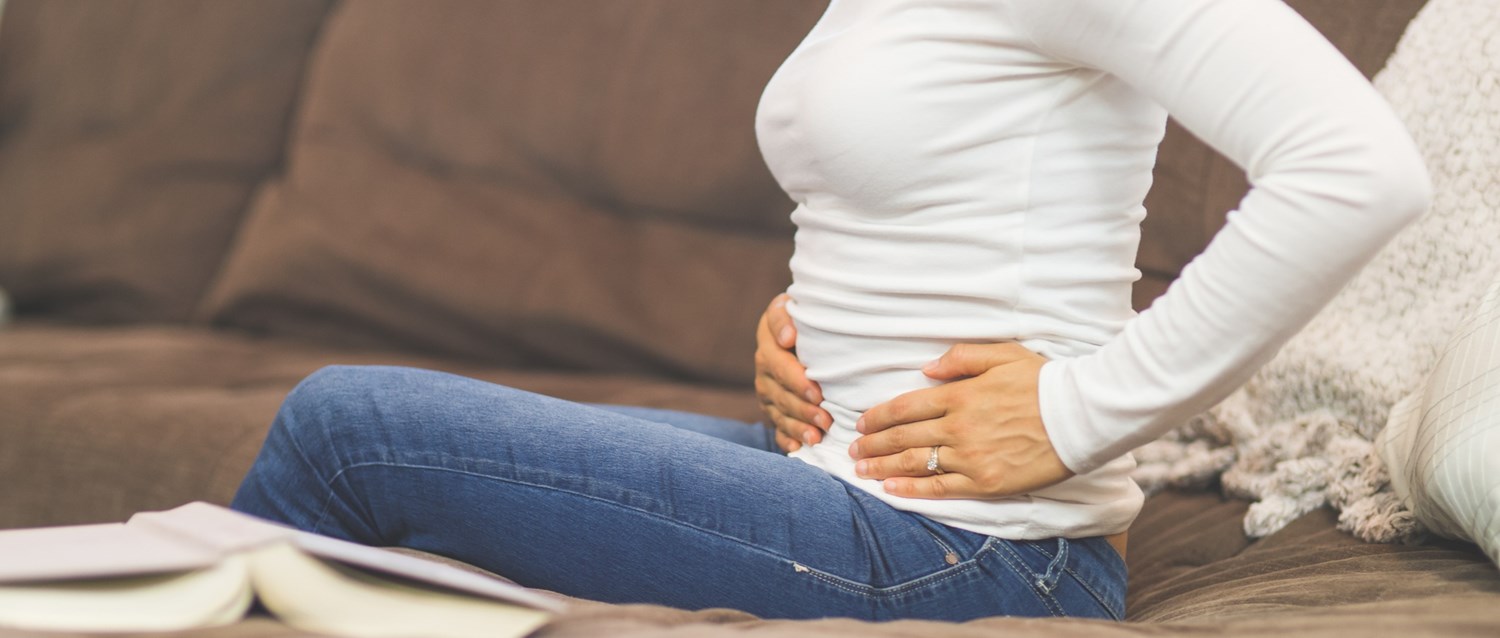
Why you constantly need to pee
Peer reviewed by Dr Krishna Vakharia, MRCGPLast updated by Victoria RawLast updated 19 Jan 2025
Meets Patient’s editorial guidelines
- DownloadDownload
- Share
- Language
- Discussion
- Audio Version
The constant urge to pee, can affect anyone at any age it can last for life and there is no one-size-fits-all solution. In this feature we look at what might be causing your urge and what you can do about it.
In this article:
Video picks for Urinary tract infections and symptoms
Continue reading below
Mind your pees and queues
Many people describe the sensation of a constant urge to pee as feeling like a persistent pressure in the bladder. For some, this urge returns almost immediately after peeing, without any burning, unusual smell, or changes in colour.
This sort of symptom can have lots of causes. Urine infections and sexually transmitted infections head the list, followed by bladder conditions such as stones and - rarely - tumours. However, when tests rule out these conditions, it can leave you uncertain about the real cause of the symptoms.
In cases such as these, your doctor may diagnose you as having an overactive bladder (OAB).
Overactive bladder syndrom (OAB0 is when the bladder squeezes (contracts) suddenly without you having control and when your bladder is not full. It's sometimes called an irritable bladder or detrusor instability - detrusor is the medical name for your bladder muscle. OAB can cause considerable disruption to your life. Simple activities such as going out, shopping or queuing can become uncomfortable.
OAB can happen after a stroke, with Parkinson's disease, in multiple sclerosis or after a spinal injury. However, in most cases no cause can be found. It's then called overactive bladder syndrome.
OAB treatment
Back to contentsOAB is not an easy condition to treat. If you need to pee frequently you may become locked into the idea that unless you keep doing so, you will wet yourself. However, there are many different options, and it's often a question of trial and error. Changing certain lifestyle habits is the first to try.
OAB sometimes starts when access to a toilet is difficult - such as prolonged hospital stays.
Make sure that your access to a toilet is as easy as possible. If you have mobility issues, this might involve handrails, making the toilet seat higher, or using a portable toilet - commode - at night.
Cutting down on caffeine is another self-help option. Remember that it can be found in fizzy drinks and some painkillers, as well as in tea and coffee. Try cutting it out completely for a week and see if it makes any difference. If it does you might want to give it up completely, cut down, or just reserve it for special occasions such as a meal in a restaurant where you know a toilet is nearby. The same approach can be taken for alcohol, if this aggravates your OAB.
In terms of finding the right balance of water to drink, you need to consume enough of it to stop concentrated urine from irritating your bladder. However, be mindful of not going overboard on the amount the bladder has to cope with. Aim to drink what you would normally drink, but increase it in hot weather. It's what feels right for you that counts.
Continue reading below
Don't go 'just in case'
Back to contentsYou might develop the habit of going to the toilet 'just in case', believing that peeing often will help prevent OAB symptoms from getting worse. The reverse is true. As with any muscle, if you don't exercise it, it will get weaker. If you don't allow your bladder to stretch from time to time, it will become over-sensitive, so if you go out and need to hang on, symptoms will be worse than ever.
Bladder retraining
Back to contentsBladder retraining involves keeping a diary for 2-3 days of when and how much you pee. You then try to hang on for as long as possible between trips to the toilet. Keep going with the diary which should show that you are peeing less frequently but passing larger quantities of pee each time. The aim is to go every 3-4 hours. You need to keep up the training for several weeks. The hope is that after a few months your peeing frequency will be no different to anybody else's.
Bladder retraining requires persistence and commitment. You may find it difficult at first. However, it's best done with the encouragement and support of a continence advisor, doctor or nurse. More details of this method can be found in our overactive bladder leaflet.
Continue reading below
Which medicines could you be given
Back to contentsCertain medicines may help with OAB - such as oxybutynin, solifenacin and tolterodine - which belong to a group of medicines called antimuscarinics. These work by blocking some of the nerves to your bladder, relaxing the bladder muscle and increasing capacity. Some people have found that the antidepressant amitriptyline can help reduce the frequency of night-time trips to the bathroom. However, this is more likely due to its sedative effect than anything else.
Mirabegron works in a different way to antimuscarinics but also relaxes your bladder muscle.
Other treatments
Back to contentsThere are a variety of treatments available to help control the symptoms of OAB. These also include botulinum toxin A injections and stimulation of the nerves to the bladder using electrodes. Surgery to increase the size of your bladder or divert pee flow are other options.
Many of these treatments have been successful, although it has taken a long time - sometimes years - to achieve their objective.
Do your own research into the pros - of the treatments and then have a chat with your doctor. If you need a referral to a specialist, look for a consultant who specialises in the management of OAB. Not all urologists or gynaecologists do.
Finally, it's important to remain positive. As with many other long-term conditions, you can get stressed out from time to time about your symptoms, which can make the problem worse. Objective input from a cognitive behavioural therapist, or other psychological support, can help to break this deadlock.
Patient picks for Urinary tract infections and symptoms

Kidney and urinary tract
Why you need to look after your pelvic floor
Ladies, let me introduce you to your pelvic floor. Tucked away between your legs, it keeps everything in place and stops that awful sensation of 'something dropping out'. Only sometimes, it doesn't - and that's when you need help
by Dr Sarah Jarvis MBE, FRCGP

Kidney and urinary tract
9 ways to get rid of a UTI
Urinary tract infections - UTIs - aren't serious or life threatening, but they can be very uncomfortable and bothersome. Whether you're looking to clear up an existing infection or wanting to lower your chances of recurring UTIs, we've put together nine UTI home treatments, medications, and supplements that can help free you from UTI irritation.
by Amberley Davis
Continue reading below
Article history
The information on this page is peer reviewed by qualified clinicians.
Next review due: 20 Jan 2027
19 Jan 2025 | Latest version
6 Apr 2018 | Originally published
Authored by:
Dr Laurence Knott

Ask, share, connect.
Browse discussions, ask questions, and share experiences across hundreds of health topics.

Feeling unwell?
Assess your symptoms online for free
Sign up to the Patient newsletter
Your weekly dose of clear, trustworthy health advice - written to help you feel informed, confident and in control.
By subscribing you accept our Privacy Policy. You can unsubscribe at any time. We never sell your data.